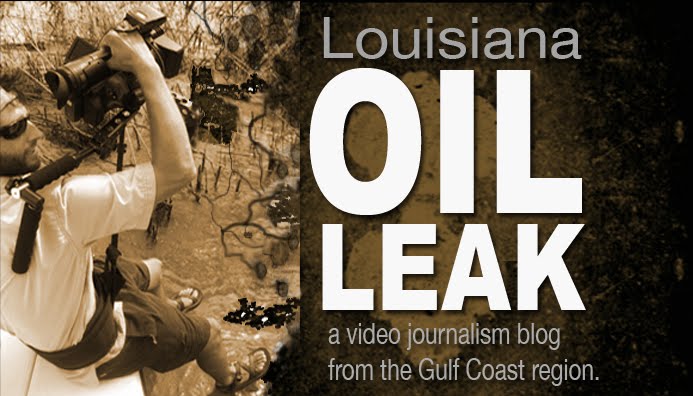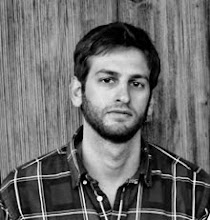I've been reporting on, writing about, and filming the Gulf Coast environment for what seems like quite some time now. The stories I tell all seem to lead back to the same idea: that the Gulf Coast region and the Mississippi River Delta are economically important environments that need to be taken seriously and protected from degradation.
The Gulf Restoration Network is a homegrown New Orleans non-profit that focuses on the health of the Gulf of Mexico and the wetlands it borders. I'm very proud to work with the people they have on staff to make sure the public is aware of the dangers that face our region if we do not take action.
This episode features the Dead Zone and its impacts up and down the Mississippi River. I learned a lot about what goes on up river to cause the Dead Zone in the Gulf. This episode was also a great opportunity to polish up my archival footage researching skills as we were not able to just go out and get most of the footage we needed.

